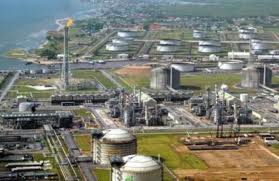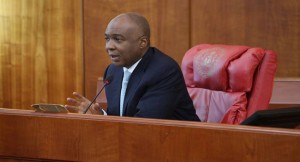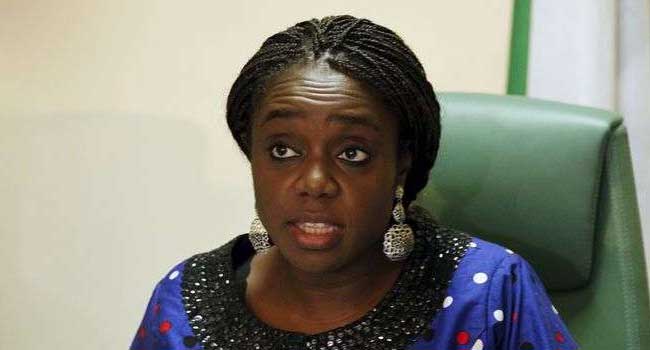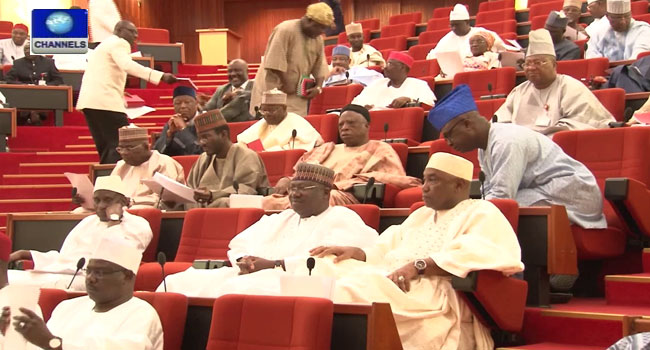
Part of the document which scaled second reading on Wednesday provides for the governance and institutional framework for the Oil and Gas Industry.
The PIB was broken down into five parts to allow for an in depth analysis of the bill.
One of the cardinal objectives of the PIB is to create a single regulatory agency for the petroleum sector.
The bill splits the NNPC into two separate entities namely the Nigeria Petroleum Assets Management Company (NPAMC) and a National Oil Company (NOC).
The NOC will be an integrated oil and gas company operating as a fully commercial entity and will run like a private company.
The bill began its journey of passage in the National Assembly in 2008, when the late President Umaru Yar’adua forwarded it as an executive bill for consideration.
Although, it scaled second reading in both chambers of parliament, but in the sixth and seventh National Assemblies it was not passed into law.
The Senate President, Dr. Bukola Saraki, had promised on his assumption of office in the eighth Senate that the PIB bill would be given due consideration under his leadership.
Civil Society Question Status Of PIB

They said the modification of the bill into five sections appeared different from the original bill presented to the National Assembly.
The groups are building a common alliance to engage the Federal Government and the National Assembly on the reforms in the oil and gas sector.
Members are also questioning the oil swap status of the country and the level of implementation of the findings and recommendations of the Nigeria Extractive Industries Transparency Initiative.
Led by the Executive Director of the African Network for Environment and Economic Justice, Mr David Ugolor, the civil groups called for more public disclosure by the executive and the legislative arms of government for enhanced public involvement in these issues which affect the livelihood of the masses.
Dr. Saraki Speaks On PIB
But Dr. Saraki while speaking at the opening session of the National Assembly Business Environment Roundtable in Abuja, Nigeria’s capital noted that the National Assembly was determined to pass necessary legislations that would give private investors, the confidence to invest in the Nigerian economy.
After the investors at the discussion gave their view on the PIB, he said the next step for the federal lawmakers was to start passing the bill into law.
“The message here across to the private sector is that the National Assembly, the House of Representatives and the Senate are working very closely together in this 8th National Assembly and as such, you have our commitment that some of these processes will not be bugged down and not be passed because one chamber is doing something differently.
“As part of this commitment, you will all see next week (when we lay down the Petroleum Industry governance bill) that the bill that we are going to lay in the House is the same bill we are going to lay in the Senate,” Senator Saraki assured the investors.




